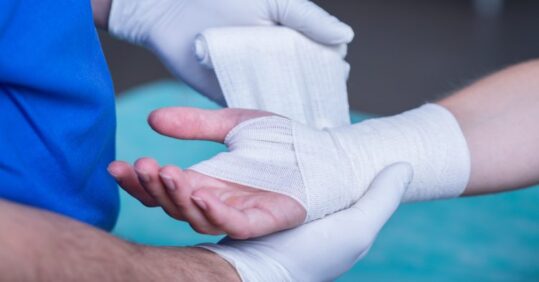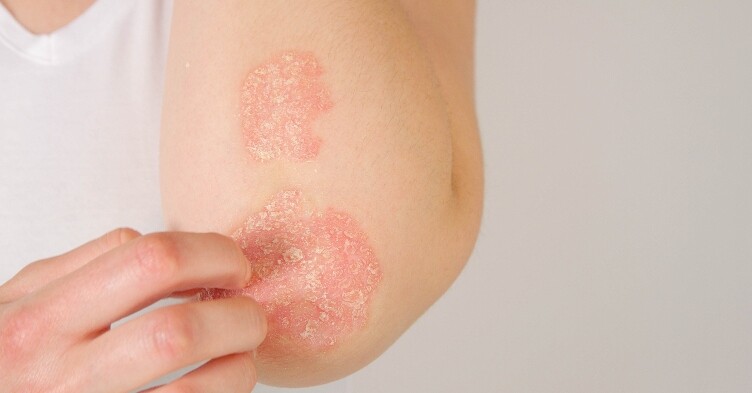Post-surgical ‘selfies’ help identify infections early

Smartphone photographs of post-surgical wounds taken by patients and then assessed by clinicians led to early identification of infection, a study at the University of Edinburgh has found.
Patients who took ‘selfies’ of their post-surgical wounds were nearly four times more likely to have their would infection diagnosed within seven days, as opposed to those who did not take any photographs. The former group also needed fewer visits to the GP post-surgery and had better access to post-operative care.
Related Article: Call for regulatory guidelines as NHS adopts AI in dermatology care
According to the researchers, the practice could become the ‘new normal’ in managing surgical patients’ care as they recover, as well as reducing pressure on the NHS. The study was published in npj Digital Medicine.
Surgical wound infections are associated with more than a third of deaths after an operation. In the UK, surgical wound infection can cost the NHS an extra £10 000 per patient because of re-admission, additional treatment and longer hospital stays.
Dr Kenneth McLean, the study co-lead from the University of Edinburgh, said: ‘Since the Covid-19 pandemic started, there have been big changes in how care after surgery is delivered. Patients and staff have become used to having remote consultations, and we’ve shown we can effectively and safely monitor wounds after surgery while patients recover at home.’
The study involved a random trial of 492 patients who had emergency abdominal surgery. One group of 223 patients were contacted on days three, seven and 15 post-surgery and directed to an online survey to report on their wound and upload a photograph. A member of the surgical team assessed the material submitted for signs of wound infection and followed up with each member of the group 30 days after surgery to determine if they had subsequently been diagnosed with an infection.
Related Article: Abdominal body fat is a higher risk for developing psoriasis
The second group of 269 patients received the routine level of care and were contacted 30 days after surgery to find out if they had been diagnosed with an infection. The group who took regular selfies in the first week after the operation were nearly four times more likely to have their wound infection diagnosed within seven days of their surgery than the routine care group. There was no significant difference in the time taken to diagnose an infection across all participants, but the ‘selfie’ group saw infections picked up much earlier.
Professor Ewen Harrison, study lead from the University of Edinburgh, said: ‘These approaches provide reassurance – after all, most of us don’t know what a normally healing wound looks like a few weeks after surgery. We hope that picking up wound problems early can result in treatments that limit complications.’
Related Article: CPD: Case by case – acute and emergency dermatology presentations
He added: ‘Using mobile phone apps around the time of surgery is becoming common – we are working to scale this within the NHS, given the benefits for patients in continuing to be directly connected with the hospital team treating them.’
To complete relevant dermatology and wound care CPD modules on Nursing in Practice Learning, click here.

See how our symptom tool can help you make better sense of patient presentations
Click here to search a symptom




